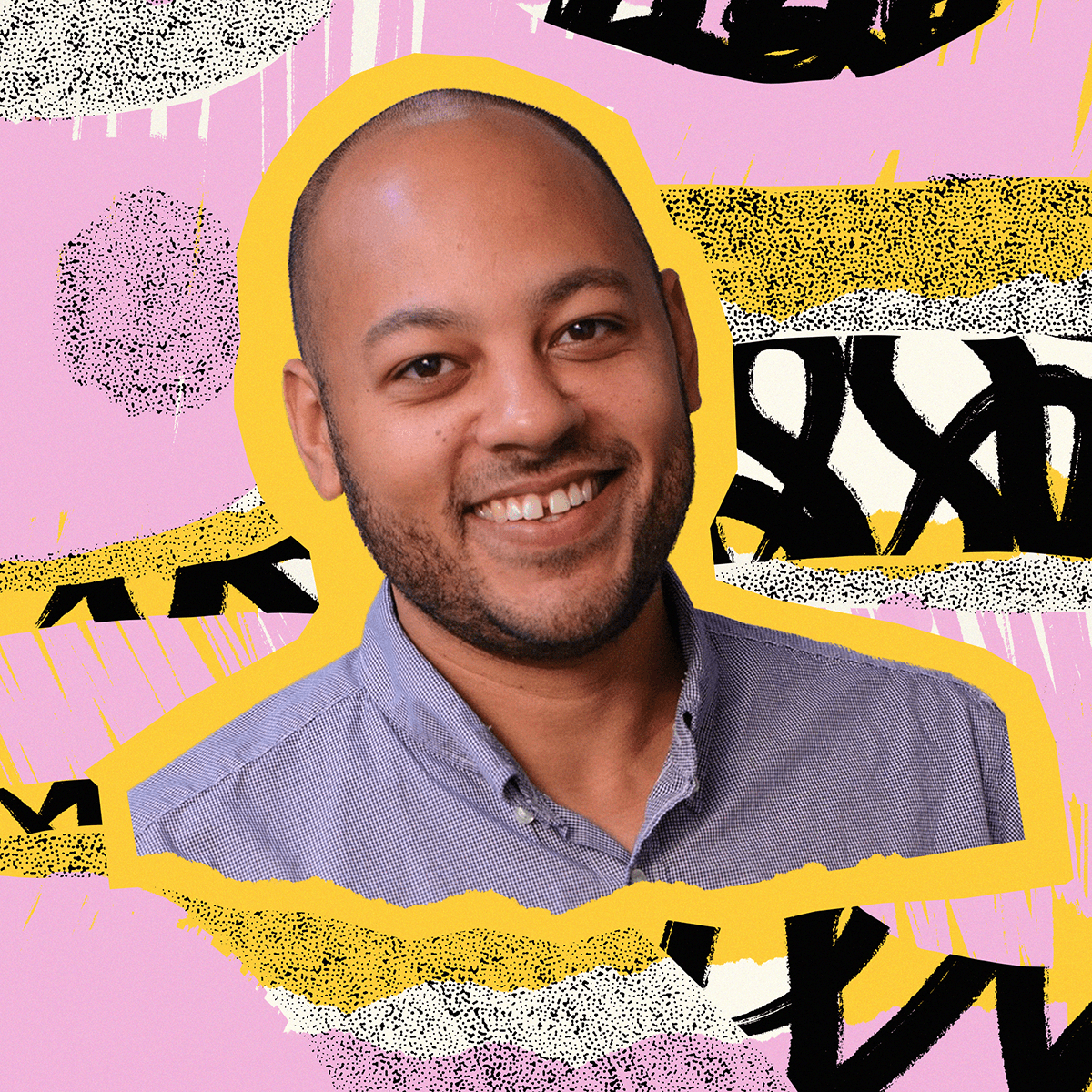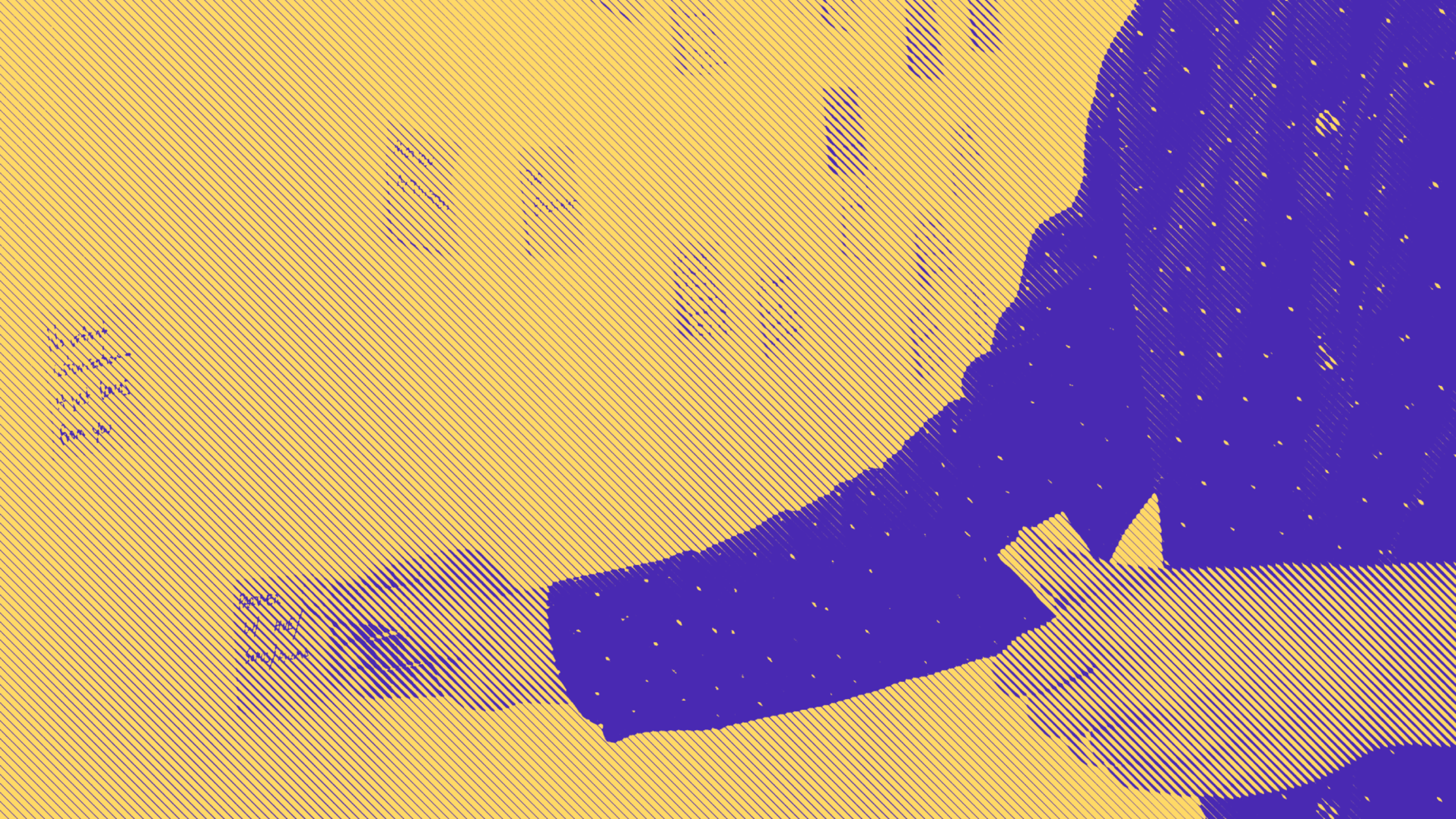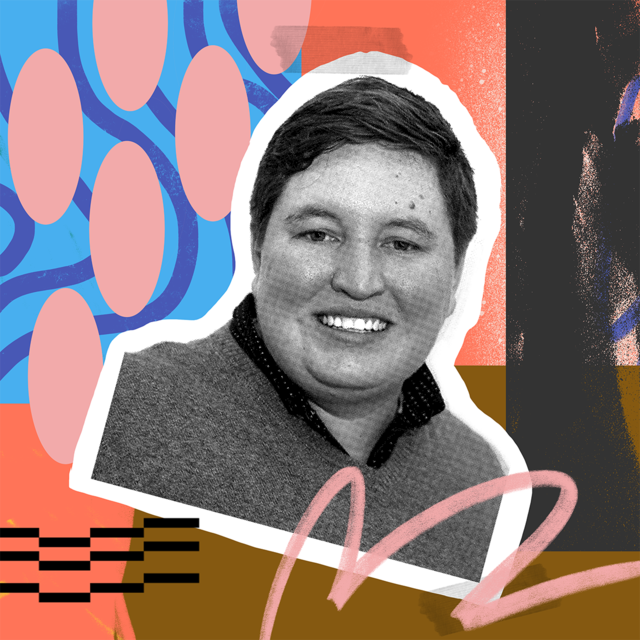
What Defines a Minimum Viable Product | Ade Olonoh

How do you define an MVP, or minimum viable product? Whatever your definition, one thing is for sure. It is not about perfection. But where do you draw the line? Our latest guest has a pretty good idea, because he has created a lot and spends a lot of time with the creations of others.
We talked with Ade Olonoh, an investor and entrepreneur who has founded numerous companies, including Formstack, Formspring, and Jell, and has invested in a dozen start-ups. All of these experiences have given Ade a unique perspective when meeting with other entrepreneurs who are in some stage of creating their own MVP.
So what does a minimum viable product actually look like? And why does having a co-founder who can bring a vision to life in the form of a product so important for young entrepreneurs seeking investment capital? Listen in to hear Ade’s insights on what it takes to translate a great idea into a great product.
Products Mentioned:



